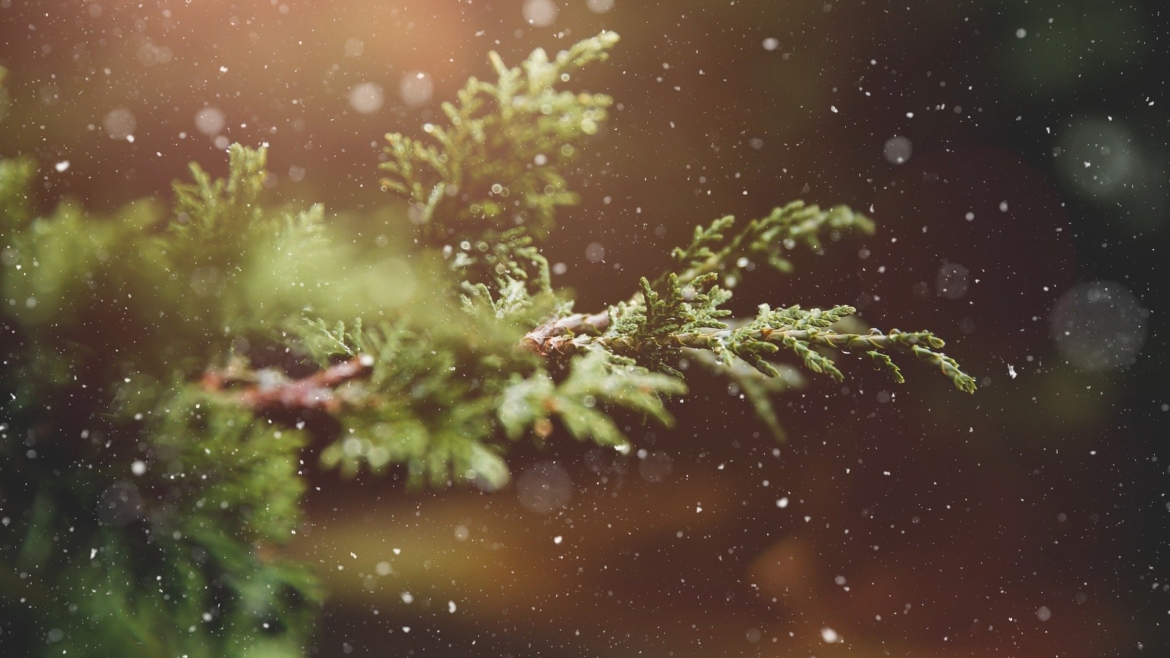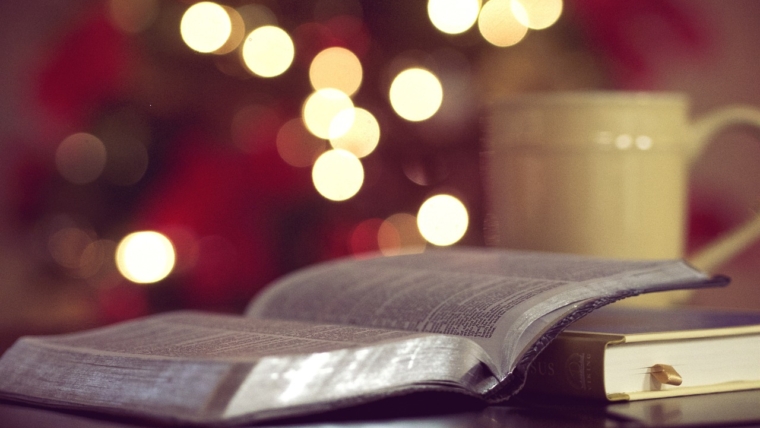by Vicki Provan
Christmas – a time to celebrate the birth of our Saviour Jesus, a time of gifts, feasting and time spent with family.
God’s creation is rather wonderful yet reports over the past couple of years document the huge problem that there is with waste. This problem is amplified at Christmas time.
As Christians, what should our response to this be? Genesis tells us that God viewed His finished creation as ‘good’ and gave man the instruction to rule and reign over it. The earth and everything in it belongs to the Lord (Ps.24:1) but we are His stewards of it, His kingdom ambassadors. Under our stewardship, the earth is meant to be fruitful and mankind is supposed to be fruitful as a part of the same equation.
Good stewardship means looking after the resources that God has given, be it our gifts, talents and money, or the natural resources that God has placed under our care. We should use these resources wisely, not squandering them or using them destructively. We endeavour to protect the natural world around us as Romans 1 tells us this creation displays God’s eternal power and divine nature.
One of the important ways we can do this is to work hard to minimise the waste that we produce. So, with this in mind, let’s see what can be done at Christmastime:
Gifts
Thoughtfulness and quality over quantity wins here:
- Ask the recipient what they would like rather than guessing.
- Buy something useful.
- Gift a personal experience: vouchers, tickets, the promise of an outing. Why not make Great Aunt Ethel a voucher promising a trip out for afternoon tea rather than giving something she doesn’t need for the sake of a gift?
- Buy second hand or vintage. Young kids don’t care and vintage is cool.
- Buy local. This is likely to have a lower carbon footprint and be more ethical than buying from a large multi-national. And you get to put a smile on a shopkeeper’s face!
- Give a homemade gift – baking, preserves, something artistic or crafty if you’re that way inclined. Check out Pinterest for great ideas and get the kids involved!
- Buy an eco gift that can be reused – a coffee cup, a water bottle, a bento box, shampoo or soap bars, plastic-free ethical beauty products. Check online, your high street or farmers’ market for ideas.
Wrapping
Mountains of discarded wrapping paper – the nightmare of Christmas! With a bit of pre-thought and preparation, it can be better:
- Consider using gift bags and encourage their reuse.
- Glitter is plastic! It is hugely destructive to aquatic ecosystems in particular, so is best avoided on wrapping paper.
- Metallic wrapping paper can’t be recycled so, again, is best avoided.
- Brown parcel paper is on trend for gift wrapping and is easily recycled. Try using this and tying the parcel with cotton butcher’s twine (compostable) and adding a sprig of holly. Fabulous! Or why not get the kids involved? Potato stamping is great fun and with a Christmas tree, holly or star design, that brown paper will be looking festive in no time!
- If you have time and patience, consider the Japanese art of Furoshiki, beautifully wrapping gifts with fabric. Fabric has a higher carbon footprint than paper though, so consider using second-hand and make sure it is reused.
Food
Turkey, anyone? Every Christmas approximately 270,000 tonnes of food are wasted in the UK (Source: The Big Issue). That’s huge! There’s much that can be done to drastically reduce waste in the kitchen:
- Plan, plan, plan. Work out what you are going to eat for every meal and for snacks each day of the holidays and buy accordingly. You’ll save money too.
- Don’t over buy – the supermarket is open again on Boxing Day anyway for those things that you do run out of.
- Become an expert at reinventing leftovers. If inspiration is required, there are many online sites and even cookbooks dedicated to the humble leftover.
- Get that freezer working to your advantage! A lot of leftovers can be frozen, be it turkey, roast ham, veggies, wine in ice cube trays. Check with a reputable online site to make sure it’s done safely.
- If there is food wasted, make sure that it goes in the compost or the food waste bin. Food waste in landfill produces methane, a greenhouse gas more potent than carbon dioxide. About 11% of all greenhouse gasses produced by the food system could be eliminated if we didn’t waste food (Source: WWF).
There are many more ways to reduce waste at Christmas but being mindful of just these three areas will make a huge difference. Why not leave some of your top tips in the comments?
Have a wonderful, joy-filled, greener Christmas!



